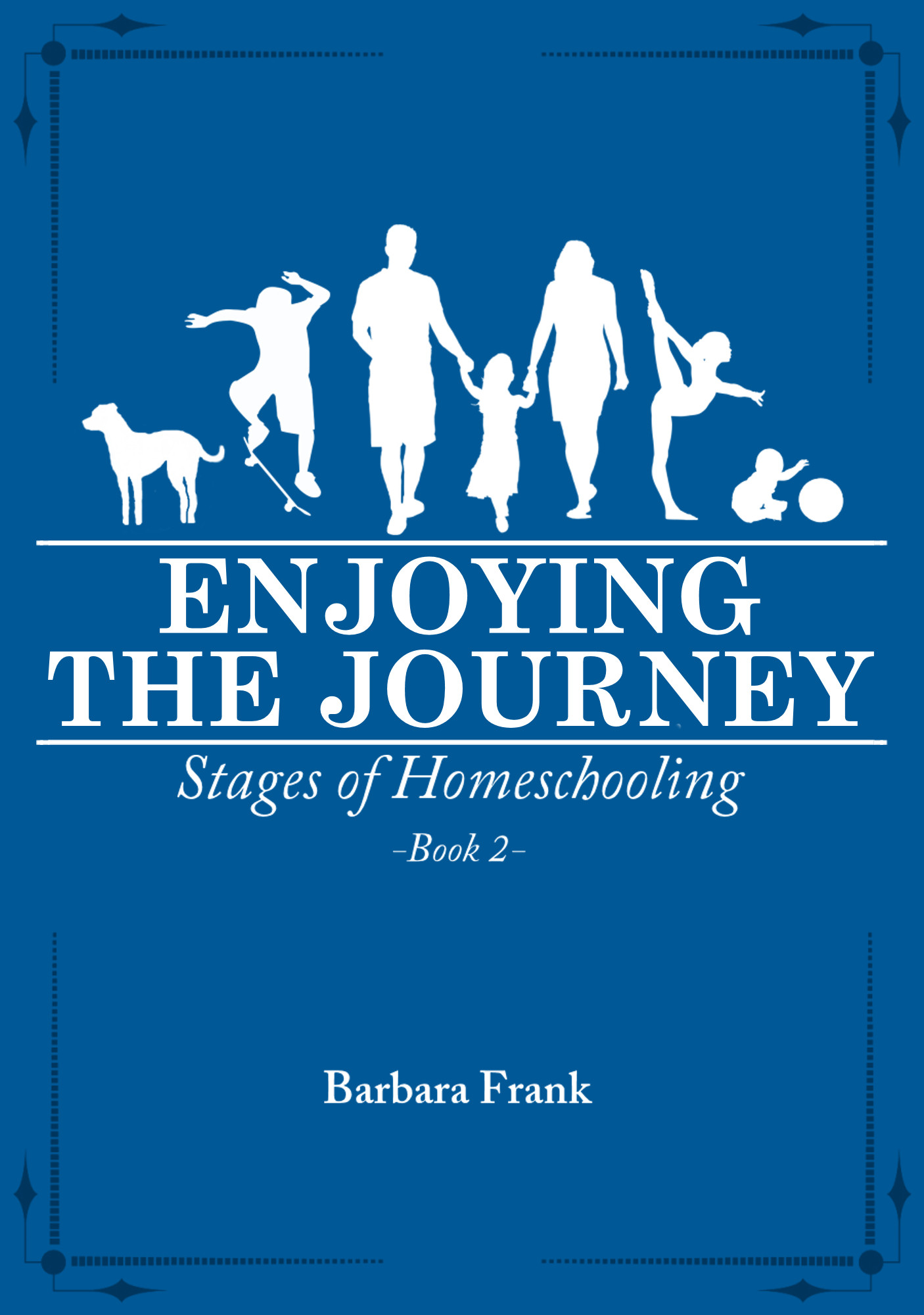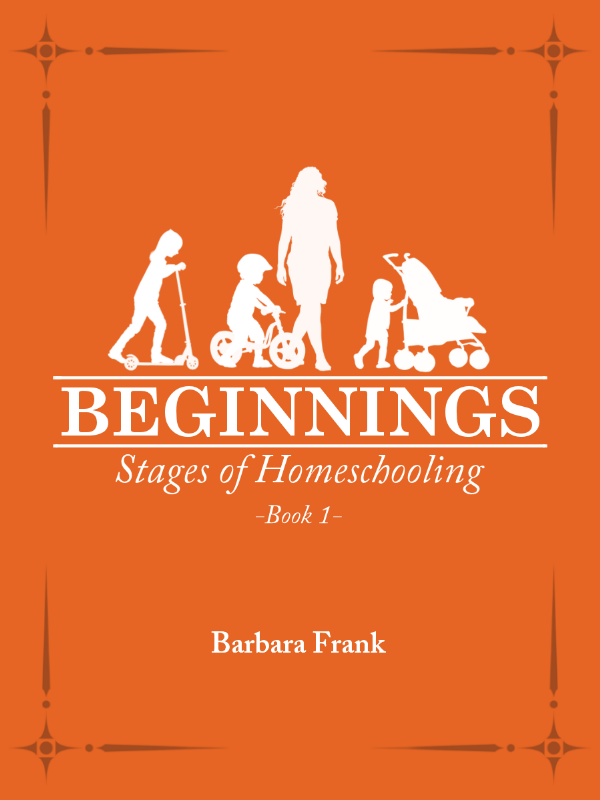Attending Your Homeschool Convention
The big day is here! After finding a parking spot (not always easy at the bigger conventions), you enter the convention’s main area to find parents everywhere. Try to find a quiet spot off to the side where you can go through the registration information.
- Study your brochure to see which sessions you want to attend, and then check the building map to locate each of those sessions.
- Check to see if recordings are offered of sessions you can’t attend due to schedule conflicts. You can buy them before you go home.
- If you want to attend a session that includes a panel of speakers, make sure there is a moderator. Otherwise, panel discussions have a tendency to be more vague than helpful.
- Are there any vendor workshops for products you might be considering? If so, make a note of when they’re held.
- Make a quick sweep of the vendor hall, quickly checking out the booths to see who and what’s there, before you buy anything. (Warning: this takes self-control!) While you’re at it, pick up free catalogs to add to (or begin) your homeschool catalog collection.
- Remember to turn off your phone as soon as you enter a session.
- No one is going to check to see if you took notes, so don’t feel you must. But don’t think you’re going to remember every important thing you hear, because your brain is going to be overwhelmed with good advice today!
- Sometimes speakers offer handouts to help you understand the information they’re sharing. Be sure to hang on to these; you may want to refer to them later on.
- If you’re not sure you’ll stay for an entire session, sit at the back so you can leave without distracting the speaker. The same thing goes if you’ve brought your baby; a screaming baby in the front row is embarrassing for you and distracting for everyone else.
- Don’t be afraid to ask questions of the speaker at the end of the session, or during the session whenever questions are invited. Speakers want to know if they can provide further information; people who are too shy to ask a question can learn from the speaker’s response to yours.
- Be sure to thank the speaker at the end of each session. Whether or not they’re being paid for their work, they put in a lot of time and effort to share it with you.
- Finally, don’t forget to network while you’re at the convention. This is your “work,” so you’ll want to learn from the others in your field. Make conversation with those sitting around you while waiting for a session to start. Ask questions when you need to, and be willing to stop and answer questions from those who need help. The very best part of homeschool conventions is all the wonderful people you’ll meet!
(Excerpted from The Imperfect Homeschooler’s Guide to Homeschooling. Order direct from Cardamom Publishers and get a 111-page eBook free with your purchase.)


